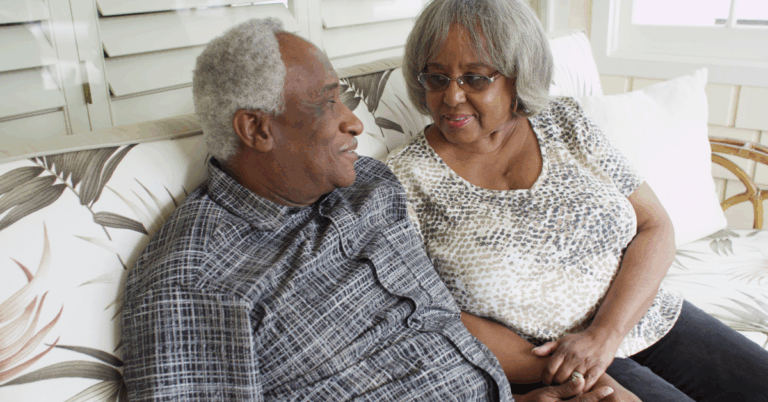Lung cancer is the leading cause of cancer death in the United States, but early detection can dramatically improve survival rates. Lung cancer screening is a crucial step in catching the disease early, even before symptoms appear. But where do you go to get screened? Here’s a guide to help you find the right resources:
1. Talk to Your Doctor
Your first stop should always be your doctor. They can:
- Assess your risk: Determine if you meet the criteria for lung cancer screening. This generally includes:
- Age 50-80 years
- Current smoker or former smoker who quit within the past 15 years
- Smoking history of at least 20 “pack-years” (number of packs smoked per day multiplied by the number of years smoked)
- Discuss your options: Explain the benefits and risks of lung cancer screening.
- Provide a referral: If screening is appropriate, your doctor can refer you to a qualified facility.
2. Online Screening Locator Tools
Several organizations offer online tools to help you find lung cancer screening locations near you:
- American College of Radiology (ACR) Lung Cancer Screening Locator Tool:
This tool allows you to search by zip code and find ACR-accredited facilities that meet quality and safety standards. - GO2 Foundation for Lung Cancer Screening Centers:
This resource provides a searchable database of screening centers across the United States. - Lung.org:
The American Lung Association offers information on screening and can help you find a screening center in your area.
3. Contact Your Insurance Provider
Your insurance company can provide a list of in-network facilities that offer lung cancer screening. They can also inform you about coverage and any out-of-pocket costs.
4. Check with Local Hospitals and Clinics
Many hospitals and clinics offer lung cancer screening services. Contact your local facilities to inquire about their programs and availability.
5. Consider Additional Factors
When choosing a screening location, consider factors such as:
- Convenience: Choose a location that is easily accessible to you.
- Experience: Look for facilities with experienced radiologists and technicians who specialize in lung cancer screening.
- Technology: Ensure the facility uses low-dose CT scans, which minimize radiation exposure.
- Follow-up care: Inquire about the facility’s process for follow-up care if a screening detects something suspicious.
Taking the First Step
Lung cancer screening can save lives. If you are at risk, don’t hesitate to talk to your doctor and schedule a screening today.
You Might Also Like:

A Self-Care Guide During Lung Cancer Treatment







